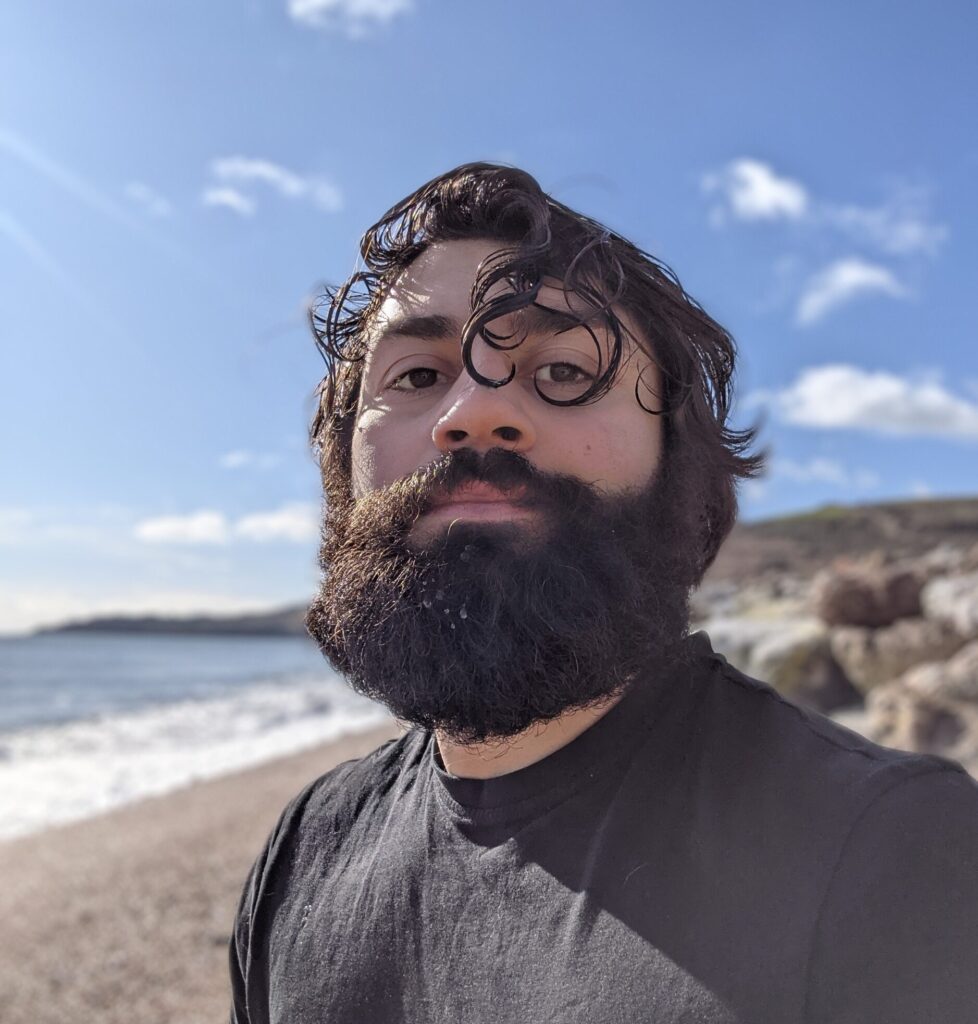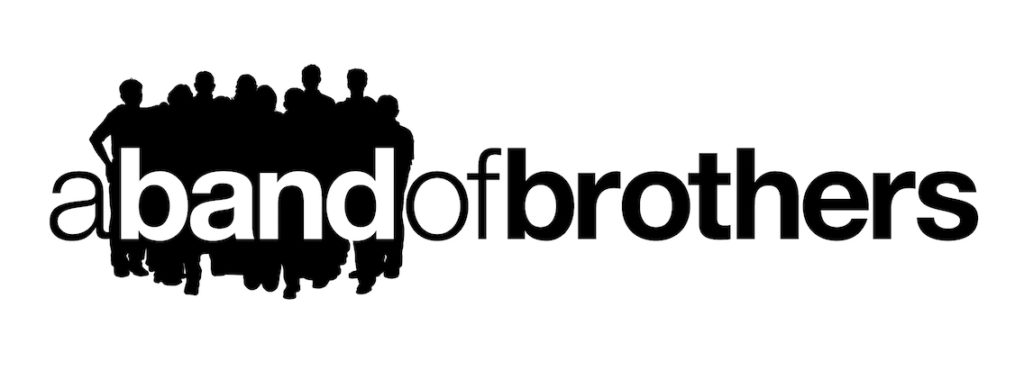
Tier Blundell
Tier Blundell, 33, Trustee
Tell me a bit about your background.
I come from a mixed race background, my father was Pakistani, and my mother is English. I grew up on a council estate in Northampton. My father left when I was a baby and then I suffered abuse at the hands of men my mother dated and then married. I was racially abused by my English stepfather because I was brown. Yet my father rejected me because I was white and born out of wedlock. That was very challenging, to be sandwiched between two cultures that despised me, with no one else around similar to me. I stood out at my school because I was the only brown kid. This was in Far Cotton Northampton in the early 90s.
And what happened in your school life?
One of the key events in my life was that I was excluded from school. I was a small boy and I kept being called ‘a Paki’ by other kids which I didn’t identify with because I felt Pakistan rejected me and I was also full of anger because my father had rejected me too.
The key to my survival was that despite my size, I wasn’t tall, I fought back. My mum used to say – ‘If someone calls you a Paki – hit them.’ So I wasn’t bullied much by peers but the teachers really enjoyed disproportionately punishing me for my reactions. Because of my skin colour, I got blamed for things that I didn’t do by peers and the teachers always believed them. My truth is when I think back to my childhood racism, it was most damaging from the schools rather than the pupils.
I have ADHD but it was undiagnosed and so when I was disruptive (which I couldn’t get away with at home) that was amplified and I was sent to a Pupil Referral Unit in Kettering. It was a terrible place which had fences around it that were over 20 feet high. It was very similar to a prison. They even had a holding room
But crucially, being there meant my educational potential was destroyed. That was unjust.
I ended up leaving school at 16 with no GCSEs.
What happened when you left school?
I worked in a supermarket. I was an angry young man. I wasn’t happy. And I didn’t have any healthy friends. I played a lot of video games.
And what changed all of that?
I kept being told to go ‘cage fighting’ by a friend who had just started and when I said no he kept calling me a ‘pussy’ so one day I caved in but ended up loving it and not missing a session for a year. Then I started fighting. It was trial by fire, I was terrified sparring sometimes, these guys were trying to take my head off, but I kept going until I got better, thinking one day, I would have the upper hand. The training helped me eat better and learn, which I hadn’t done at school. By this time I was 19 and living in a flat on my own. I won an amateur title which gave me a lot of confidence. I even went professional, won a pro British title and travelled all over the world to Thailand, Cambodia, Sweden – it was an education in itself.
How did you get back into education?
I was working in security for nightclubs, and I wanted to get into the Territorial Army but I was turned down. In fact, I’d been prescribed an antidepressant for insomnia but it was on my medical records. At that point, I had a bit of crisis about life and did an access course, dreaming of being on the other side of the doors on student nights to be honest! I ended up studying History and Politics at Warwick University. I found out that I actually love learning, I got a first, and got a place to do an MA in Political Theory at St Andrews. At the moment I’m doing a PHD at Oxford University looking at the effect of being excluded from school – 80% of prisoners were excluded from school.
How did you know about abob?
There was an ad for a trustee and something in their work instantly resonated with my own history. It was partly their ‘hurt people hurt people’ philosophy. Because I remembered so clearly how alone I felt as a younger man, I wanted to be of service. I was attracted to eldership and mentorship.
What did you make of the rites of passage weekend?
I was a bit nervous as I wasn’t familiar with the people or place or what was happening, but it did change my life. I went along open-minded and I went with my shame. All my shame. I saw that I still did not like myself. That I had internalised all that racism and abuse. I despised myself. And in this space, I could really feel into those feelings.
I felt into my feelings around being wrong in the world. I was bad. Being witness and allowing myself to feel those feelings was transformative. Having these men around me who emanated love was also transformative. I realised how alone I’d felt and that I had lived my life in survival mode. It was very freeing. And afterwards I wanted to support other young men who’d had similar experiences to me. I would love for abob to one day tailor a weekend to boys at risk of or who have been excluded from school. Early intervention is the biggest life changer around, which is why in ancient communities, it happened much earlier.
And what happened with your dad?
He got back in touch due to contracting cancer and to his credit, he took accountability for his actions with me, apologised and expressed his grief. That meant everything to me. We joined forces to fight cancer together, but sadly, he died in my second year at university. I am so glad we were able to spend time together, he taught me a lot. Better late than never! I cared for him at the end of his life a little bit and that changed our relationship, I was able to massage and touch my father, which I had never done. We had a loving relationship by the time he died. He was so happy about that. Me too.
